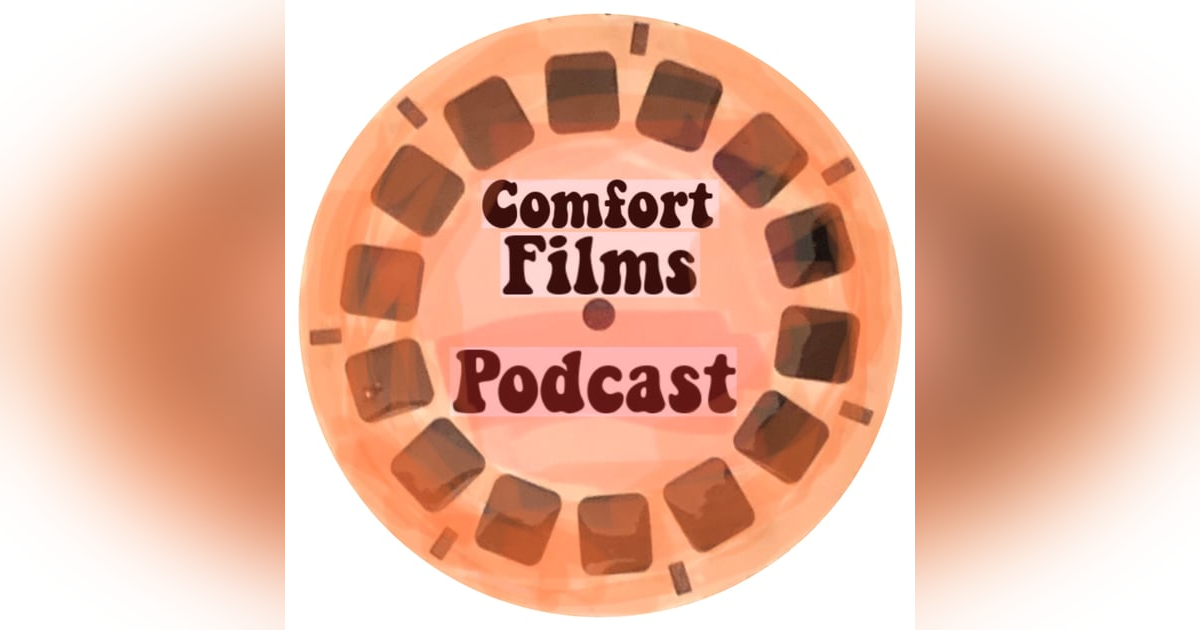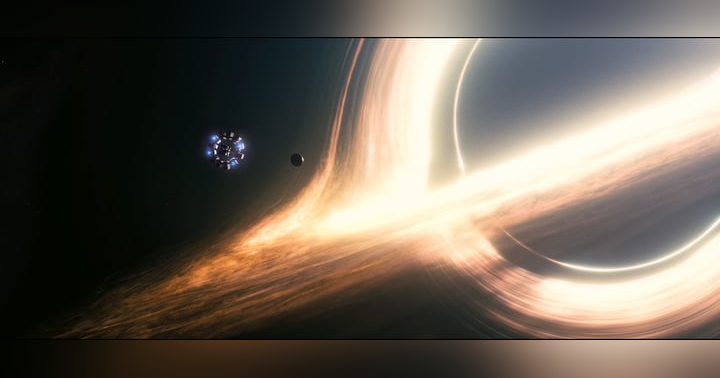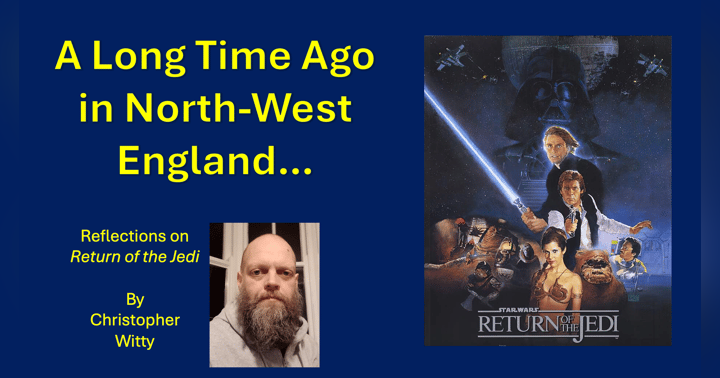Goodfellas by Christopher Witty

As far back as I can remember, Martin Scorsese has been my favourite director since I first caught Raging Bull on TV in my early teens. It came at a time when I was discovering that cinema was an art-form, and Raging Bull, with its grainy black and white photography by Michael Chapman, the naturalistic acting of Robert De Niro, and Scorsese’s elaborately choreographed fight scenes, gave me a chill. This was the one: an American film that I imagined was closer to the European films I’d heard mention of, but feared to explore further because I didn’t feel like I was ready for them yet. Yet, although it floored me like LaMotta floored Marcel Cerdan, it wasn’t like I’d found a new favourite movie as such. It was too different from the films that already held my top spot: Raiders of the Lost Ark, E.T., Return of the Jedi; essentially, wondrous Spielberg and Lucas fantasies I could revisit over and over again (and still do).
Then came Taxi Driver, rented from my local video shop, possibly by my older brother, or maybe myself (the owner didn’t seem to care what we rented), and I was exposed to a garishly lit New York where a sociopath thinks the perfect choice for a first date is taking the woman of his dreams to a porno movie, a paedophile in a Fedora pimps out a twelve-year-old prostitute, and a weird guy with a beard talks about the effect a .38 can have on a woman’s pussy. It was as though I’d taken a dive into the maelstrom and crawled back out with another new favourite movie. Except again, it wasn’t. It was too fucked up to share space with a cuddly alien and heroic adventurers.
This would have all been around 1990, the year Goodfellas was released. I was too young to go see it at the cinema, so to appease me, my parents bought me a copy of Scorsese on Scorsese, a collection of interviews that brought to my attention Scorsese’s ‘other’ films. These, it seemed, were more accessible. I could watch them without feeling guilty, and what’s more, I could watch them with my parents. They seemed to have one foot planted firmly in the past, yet they seemed as though they were being made by a man with a feverish desire to push boundaries until they threatened to snap in two: New York, New York, After Hours, Mean Streets, The Color of Money; I absorbed them all, and what I couldn’t rent on VHS, I’d record off TV.
The King of Comedy was one such film. But this time, the frenetic camerawork was noticeably absent. It seemed more studied. It moved at a slower pace, as though Rupert Pupkin knew, in his own delusional mind, that his shot at fame was inevitable and that he just had to bide his time. It was clearly another Scorsese masterpiece, and Van Morrison’s ‘Wonderful Remark,’ played over the end credits, became a song I’d listen to repeatedly. And the other great thing about The King of Comedy was that it made me realise that De Niro was acting on a completely different level. Cue The Deer Hunter, Midnight Run, The Godfather Part II and so on, then run these parallel with a chance screening of Scorsese’s short films at a local art cinema, and I was certifiably hooked. All of a sudden, watching Navy Seals with my friends didn’t quite have the same appeal.
So, when Goodfellas was eventually released on video, I was primed and ready to go. Or so I thought. Because here was a film that outdid the climactic bloodbath in Taxi Driver in the first two minutes of screen time. A film that dared to relegate Jake LaMotta and Travis Bickle to a supporting role, but who, in the guise of Jimmy Conway, still almost managed to eclipse the entire movie in a single wordless scene. It had Ray Liotta. It had Joe Pesci. It had an energy and humour that could only come from improvisation and an off-screen chemistry that mirrored in reverse the on-screen camaraderie of its characters. It had Mick Jagger vomit-singing ‘I’m a monkeeeee!’ while a coke-fuelled Henry Hill fell to pieces. It had, at the time, the highest use of the F-word ever recorded in a movie. It had it all. And conducting the whole thing was Scorsese. His blood and sweat seeped into every scene. After I saw it for the first time, I wasn’t sure if it was my new favourite Scorsese movie because I wasn’t entirely sure what I’d just witnessed. It wasn’t until I bought the video, watched it with friends, or watched it on TV with advert breaks whether it was an hour in or more (even though the DVD was in my collection), that I could possibly attempt to pick out why it was a great film and what Scorsese had accomplished. I took note of the techniques I’d seen before and saw how Scorsese breathed new life into them. The long tracking shot that follows Henry and Karen into the Copa, so meticulously constructed that it bettered longer tracking shots like the opener in Touch of Evil, or more famous ones like Danny peddling through the halls of the Overlook in The Shining. And then he gifted us with a dolly zoom that went against the grain of conveying a shock to the system a la Roy Scheider in Jaws. Here, it was far more subtly incorporated into a scene where Henry, knowing that his time is coming to an end, meets with Jimmy. The slow, sickening feeling it conveys is like an out-of-body, dawning realisation that the axis has tipped and all Henry can do is try to hold on.
Later, I read somewhere that Scorsese wanted the film to have the look of a documentary (hence the freeze-frames), but also that it looked like a trailer for a movie, the latter explaining why you can drop in at any point and continue watching until the end. The balance between the two forms is what made this film so ground-breaking. Before Goodfellas, as far as I knew, you either had documentary-like films such as The Killing Fields or The Battle for Algiers, or you had popular entertainment films like the aforementioned Spielberg-Lucas blockbusters, but never in the same package. With its use of pop music, MTV-style rapid fire editing, and the sheer exuberance of revelling in the lives of gangsters, Goodfellas was the funniest, most exhilarating, entertaining, and profane non-comedy I’d ever seen. So, when the violence was dished out, and I found myself repelled by the shooting of an innocent kid like Spider, or grimacing at Conway’s animalistic expressions as he stamps on Billy Batts’ head, it was like being sucker punched. Scorsese was saying, “Here, laugh with these guys. Eat with these guys. Be seduced by these guys. But don’t say I didn’t warn you about them from the start.”
So, my favourite Scorsese Picture? Maybe. But then, I haven’t watched Raging Bull or Taxi Driver again since I wrote this.
- Christopher Witty
March 9, 2023






